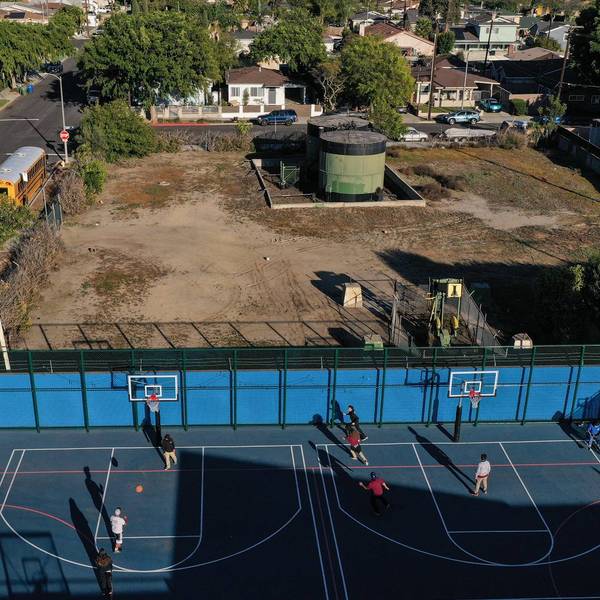The young activists suing the U.S. government over its role in climate change scored another victory in court on Friday. A judge in Seattle ordered the Washington Department of Ecology (DOE) to announce an emissions reduction rule by the end of the year and recommend to the state legislature that those targets be reached in 2017.
King County Superior Court Judge Hollis Hill also ordered the department to consult with the young plaintiffs on crafting those recommendations.
"This is an urgent situation," Hill said in issuing the order. "These kids can't wait."
The DOE withdrew its proposal to cap emissions in February, following a landmark ruling in November 2015 that found the state's current standards fail to "preserve, protect, and enhance the air quality for the current and future generations."
Friday's ruling is "the first time [that] a U.S. court not only recognized the extraordinary harms young people are facing due to climate change but ordered an agency to do something about it," said Andrea Rodgers, an attorney with the Western Environmental Law Center who represents the young plaintiffs. The DOE "is now court-ordered to issue a rule that fulfills its constitutional and public trust duty to ensure Washington does its part to reduce greenhouse gas emissions and protect the planet."
The case in Washington is one of several similar legal battles underway in the U.S., all supported by the environmental advocacy group Our Children's Trust, as youth activists take U.S. agencies to court to demand action over climate change. An Oregon judge ruled earlier this month that a complaint filed by more than a dozen young plaintiffs against the federal government--referred to by advocates as "the most important lawsuit on the planet right now"--can go to trial.
"It was absurd for [the DOE] to withdraw its proposed rule to reduce carbon emissions," petitioner Aji Piper, 15, who is taking part in both the state and federal lawsuits, said in a statement on Friday. "Especially after Judge Hill declared last fall that our 'very survival depends upon the will of [our] elders to act now...to stem the tide of global warming.'"
Julia Olson, executive director and chief legal counsel at Our Children's Trust, added, "This case explains why youth around this country, and in several other countries, are forced to bring their governments to court to secure a healthy atmosphere and stable climate. Despite clear scientific evidence and judicial recognition of the urgency of the climate crisis, Washington and most governments across the U.S. and other countries are failing to take correspondingly urgent, science-based action."
"That failure unfairly consigns youth to a disproportionately bleak future against which they can only reasonably ask the courts to step in to address this most sensitive issue of our time," Olson said.



